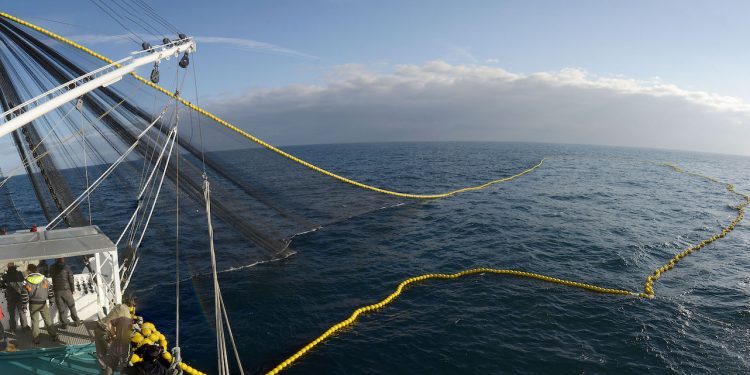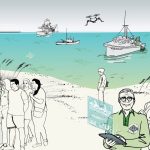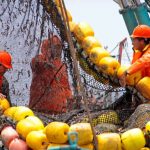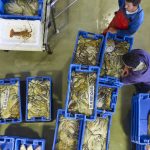As the 28th IOTC session came to an end in Bangkok, a representative of Orthongel, representing French tuna operators, spoke out about the lack of a level playing field applied to European purse seiners compared to those based in the Indian Ocean region – even though these all exploit the same resources and supply the same markets.
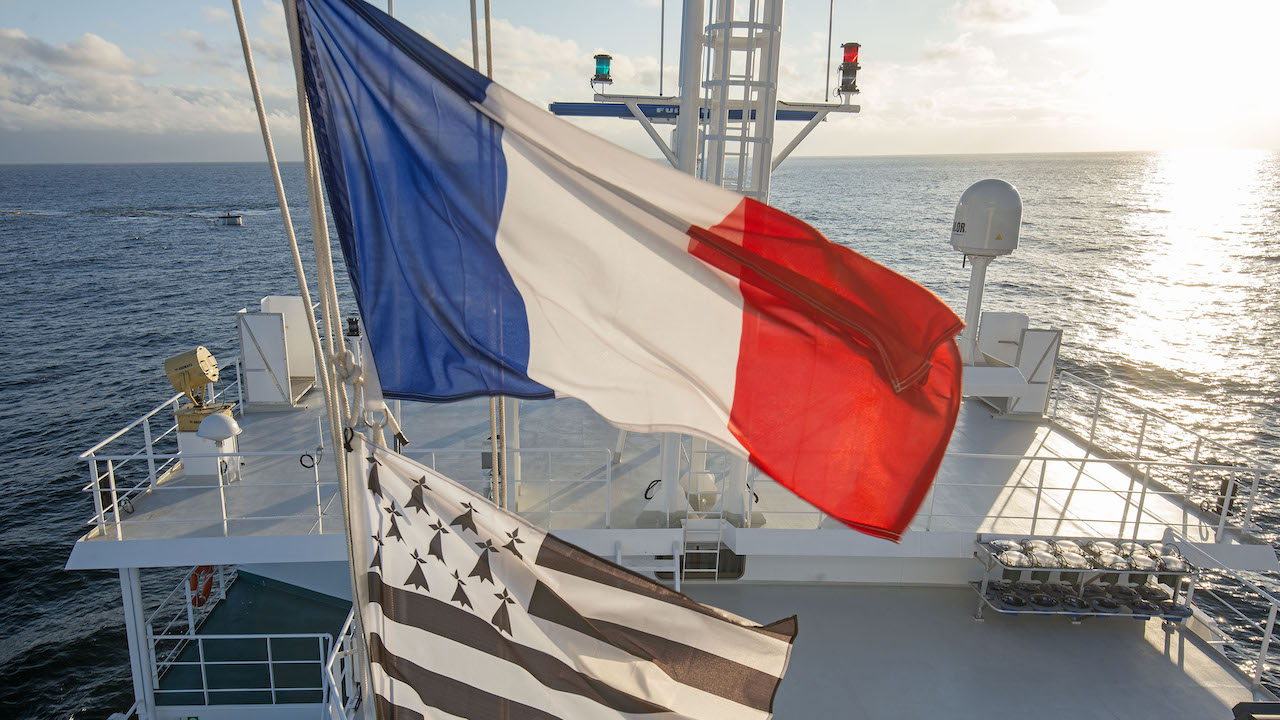
‘The additional efforts required of the European fleet pose a serious threat to the sustainability of these companies, which have been badly hit by recent crises,’ Orthongel’s spokesperson commented, pointing out that the French fleet is monitored by VMS, ERS and with 100% observer coverage, complies with all applicable rules (quota, FAD monitoring, social responsibility) and is one of the most innovative fleets in terms of adopting best fishing practices – which has earned it MSC certification in both the Indian and Atlantic Oceans.
‘Too bad this doesn’t make any difference,’ he said, commenting that this IOTC session was coloured by a poisonous atmosphere engineered by certain NGOs, aimed at portraying the European fleet as failing to respect rules.
‘This strategy serves the cause of those who are currently increasing their fishing effort and catches, and who are contravening all transparency and data transmission measures, taking advantage of the fact that the spotlight is on the thirty or so European purse seiners – increasing the number of transshipment vessels, rejecting the ban on discards, rejecting the ban on shark finning, and more.’
The IOTC session in Bangkok ended with the last-minute adoption of a revision of the management measures for drifting FADs. This revision provides for a further gradual reduction (between 2025 and 2028) in the number of operational beacons per vessel and the number of assistance vessels, the introduction of a FAD register and a transition to fully biodegradable drifting FADs.
Less stringent provisions have been made for contracting parties with fewer than two purse seiners (South Korea and Tanzania) and for small island states (Seychelles, Mauritius), in particular a smaller reduction in the number of operational beacons per vessel.
‘We regret that a number of proposed measures to strengthen monitoring, control and surveillance, and the fight against IUU fishing, have been rejected or stripped down – including the rejection of proposals to set up a boarding and inspection system on the high seas and those aimed at improving statistical data collection, as well as the reduction of the European proposal to increase scientific observation coverage. Once again, seiners are the only ones to be called upon,’ Orthongel’s representative stated.
‘The only thing we can be satisfied with is the adoption of a measure aimed at the biodegradability of FADs.’

